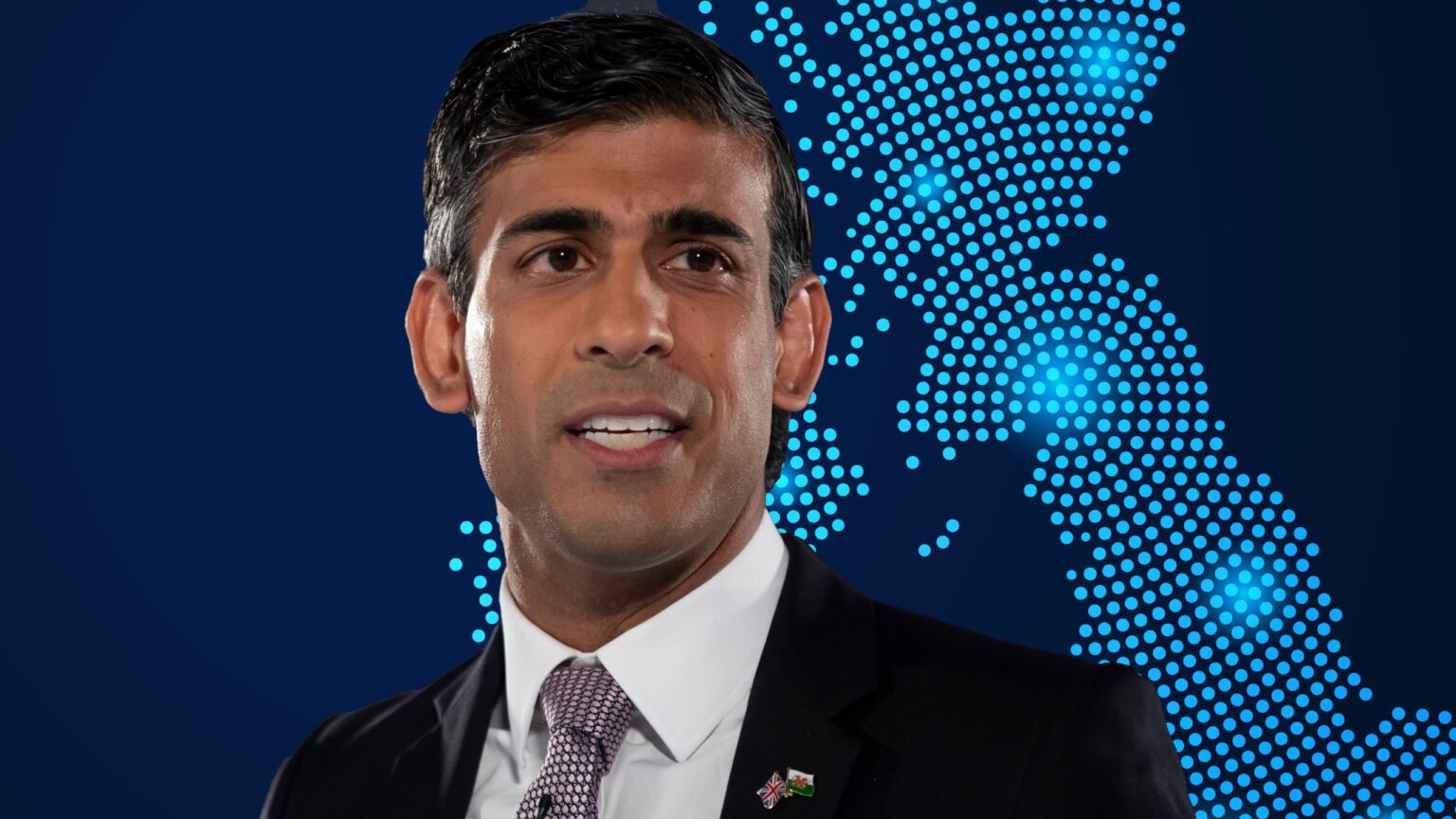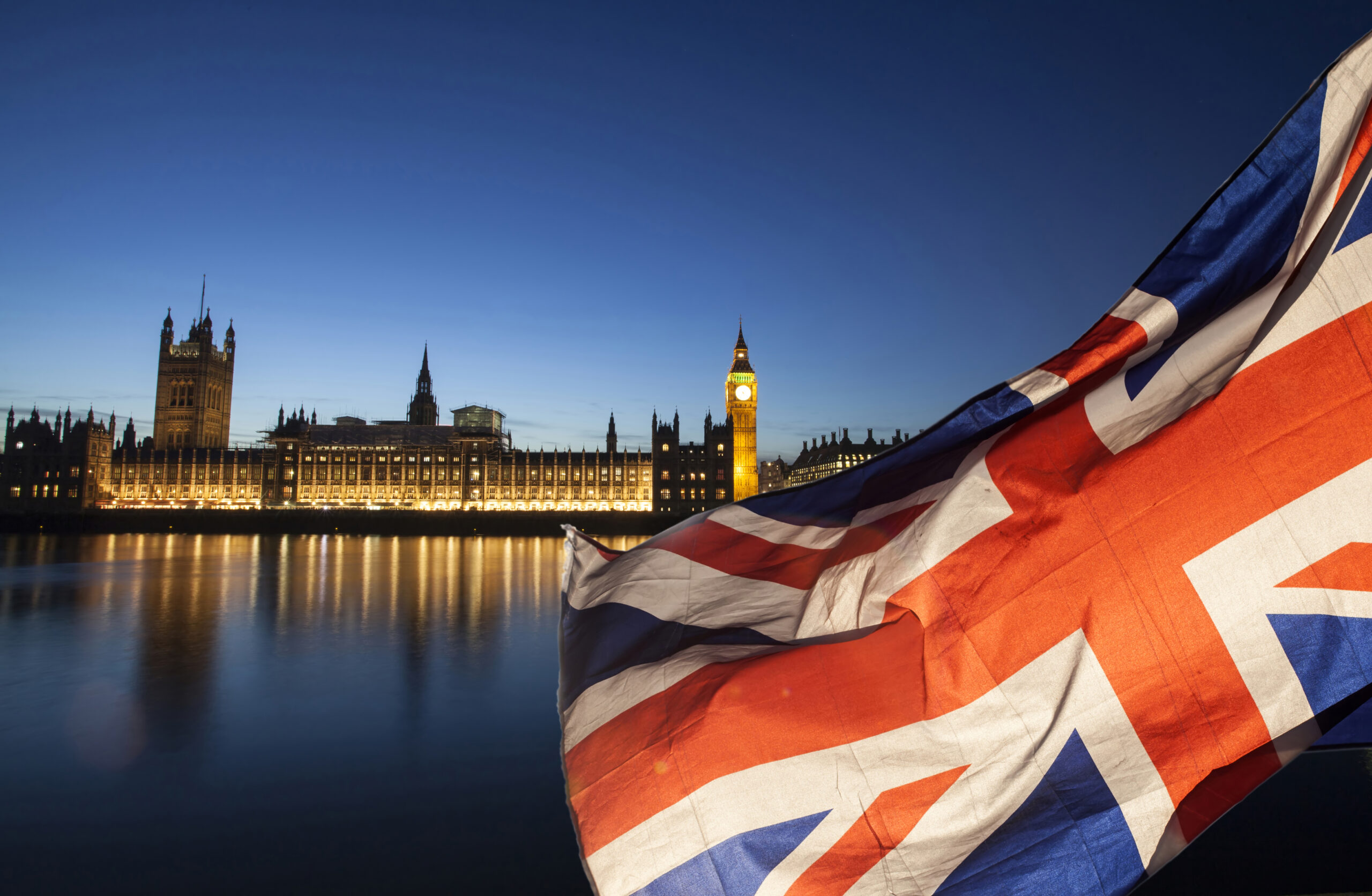As the United Kingdom braces itself for a prominent artificial intelligence (AI) summit this week, more than 100 labor organizations and rights activists worldwide have voiced their concerns.
They accuse the UK government of sidelining millions of workers. Moreover, they claim Big Tech giants disproportionately influence the event. At Bletchley Park, the scene is set, and tensions are high despite a sense of unease among activist and labor organizations.
Ahead of the UK's AI Safety Summit, over 100 individuals and labor groups accuse the government of "squeezing out" workers from the event in favor of Big Tech (@cristinacriddle / Financial Times)https://t.co/ksUnM7eSmZhttps://t.co/bSFg5fYQt7
— Techmeme (@Techmeme) October 30, 2023
The Open Letter to Prime Minister Rishi Sunak
On Monday, an open letter reached the desk of Prime Minister Rishi Sunak, expressing the collective unease of workers’ unions and rights campaigners. The International Trade Union Confederation and the Trades Union Congress (UK) are prominent proponents. Significantly, they join rights organizations such as Amnesty International and Liberty in asking for a more inclusive approach.
The crux of their argument hinges on the assertion that “the summit has marginalized the communities and workers most affected by AI.” Consequently, they argue, the perspectives and voices that matter the most in this discourse are notably absent. The letter highlights the here-and-now risks and harms of AI, emphasizing the immediacy of the issue.
Big Tech’s Unchecked Influence
“The risks and harms of AI are not distant; they are felt in the here and now,” the letter states emphatically. It further criticizes the guest list, curated by Sunak’s administration, accusing it of providing a platform predominantly to Big Tech at the expense of broader society and smaller enterprises. “Small businesses and artists are being squeezed out, and innovation is smothered,” the letter asserts.
Kate Bell, the TUC assistant general secretary, makes a compelling point, stating,
“AI is already making life-changing decisions—like how we work, how we’re hired, and who gets fired. It shouldn’t just be tech bros and politicians who get to shape the future of AI.”
The call for a more democratic and inclusive approach is straightforward. The need for various expertise and the inclusion of communities most vulnerable to AI’s harms is pressing. Additionally, industries expected to bear the brunt of generative AI’s impact, including education and journalism, have raised their voices in solidarity.
Besides the chorus of concerns, there is an acknowledgement of AI’s transformative power. A report by Goldman Sachs underscores this, estimating that around two-thirds of occupations are now exposed to AI. Systems are reportedly capable of performing between a quarter and a half of their workload.
Moreover, the two-day summit aims to address specific risks posed by AI. These include its potential to aid in designing bioweapons and generating code for cyberattacks. Despite these lofty goals, critics argue that the summit’s focus is misplaced. They believe it is overly fixated on the speculative, existential risks of frontier AI systems.
Jeni Tennison, executive director of Connected By Data, highlights the need for a shift in focus.
“AI is already causing harm through facial recognition and algorithmic bias. Those are the things that we should be addressing,” she insists.
Defending the Summit’s Inclusivity
In response, the UK government has defended the summit’s inclusivity. It asserts that the event will bring together a diverse array of participants, spanning international governments, academia, pioneering AI companies, and civil society.
With the summit just around the corner, the global community watches, waits, and hopes for a balanced, inclusive, and forward-thinking discourse on AI. The hope is to shape a future where technology empowers rather than marginalizes, and innovation fosters inclusivity. The world anticipates a summit that not only addresses the risks but also unlocks the potential of AI for the greater good.










 and then
and then